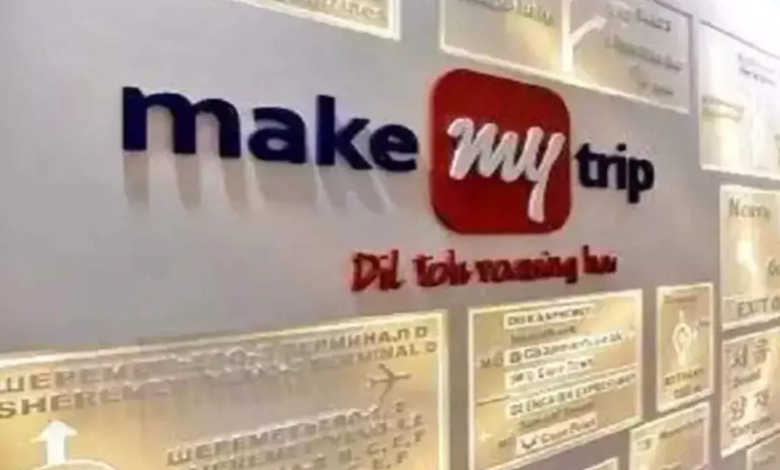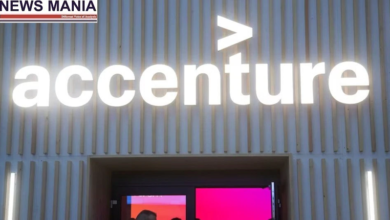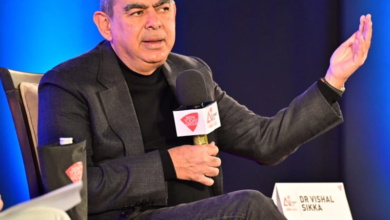Oyo And Makemytrip Were Fined Rs 392 Crores

MakeMyTrip (MMT), GoIbibibo, and Oyo were recently fined Rs 392 crores by the Competition Commission of India (CCI) after the organizations were found guilty of participating in anti-competitive behavior.
After the Federation of Hotels and Restaurants Association of India complained to CCI about Oyo receiving preferential treatment, MMT, GoIbibo (a wholly owned subsidiary of MMT), and Oyo were all the subjects of an investigation.
Oyo would pay fines totaling Rs 168.88 crore, and MMT and GoIbibo would pay fines totaling Rs 223.48 crore.
Hotel establishments may feature on the websites of online travel agencies (OTAs) in exchange for a commission when visitors make reservations at the establishments. The complainant FHRAI claims that MMT entered into agreements with hotels where pricing parity across channels was a requirement.
The price parity mechanism prohibits hotels from offering lower room prices on other OTAs or their own website.
A hotel can pass along cost savings to clients and provide reduced rates because it doesn’t have to pay commissions on direct bookings. Customers might not see cost reductions, though, if a contract demands the same pricing across all channels.
Additionally, it is claimed that MMT used steep discounts to drive away smaller OTA players from the market and sell rooms for less.
There would be less competition among OTAs to reduce commissions and entice more hotels and visitors to use their platform if the OTA industry was heavily consolidated. Booking commissions ranging from 22 to 40 percent were applied to these hotels. Following their refusal to pay up significant commissions, hotel chains including Treebo and FabHotels are said to have been eliminated by MMT.
Instead, MMT entered into a contract with Oyo that granted Oyo priority over Treebo and FabHotels. MMT and Oyo contend that the agreement was made because Oyo had a considerably larger inventory than Treebo and FabHotels put together, enabling MMT to offer a wide selection of rooms to its consumers at affordable costs.
But in 2021, CCI petitioned MMT to reinstate the delisted Treebo and FabHotel properties.
The Commission determined that MMT was a sizable player in the Indian market for online intermediary services for hotel reservations. Due to its contract with Oyo, it was discovered that MMT had been delisting franchised hotels like Treebo and FabHotels.
Due to MMT’s substantial market share, delisting these hotels may result in reduced bookings, cutting off an essential distribution route for these players.
The CCI report, which has been redacted, found that MMT is a dominating player with the majority of the market. Other competitors like Easemytrip, Cleartrip, Expedia, and Yatra don’t pose much of a threat to MMT. Even Booking.com, which at first represented a threat to MMT, lost significant clout after 2016–17.
Industry experts claim that due to MMT’s substantial presence in India, domestic visitors choose it as their preferred gateway for bookings. Due to the substantial amount of business the platform brings in, several hotels even offer greater discounts on MMT, creating a positive feedback cycle.
Additionally, lower costs or preserving price parity enable hotels to keep high publicity. In the event of a pricing discrepancy, a hotel’s ranking drops, making it a property with limited visibility.
With 45,000 hotels listed on the MMT platform, India is a popular destination for domestic tourism. Booking.com and Expedia have a comparatively bigger market share for bookings in places like Goa, which attracts a sizable number of foreign visitors.
Price parity and room availability issues, as well as some exclusivity restrictions, have been removed from the agreements, per CCI’s request to MMT.
Oyo and FHRAI have already been at odds over a number of issues, including Oyo’s IPO, which the FHRAI opposes due to irregularities. Additionally hurting its chances for a successful IPO are the erratic markets.
Oyo’s primary investor, Softbank, had already reduced the company’s valuations by more than 20%. Oyo, however, has refuted the rumors and asserts that there is no justification for a valuation reduction.
Due to Softbank’s issues and Oyo’s financial requirements, the firm needs to obtain money through the IPO. On the plus side, Oyo has achieved positive operating profitability, an achievement accomplished by only a select few recently-listed start-ups.
News Mania Desk






